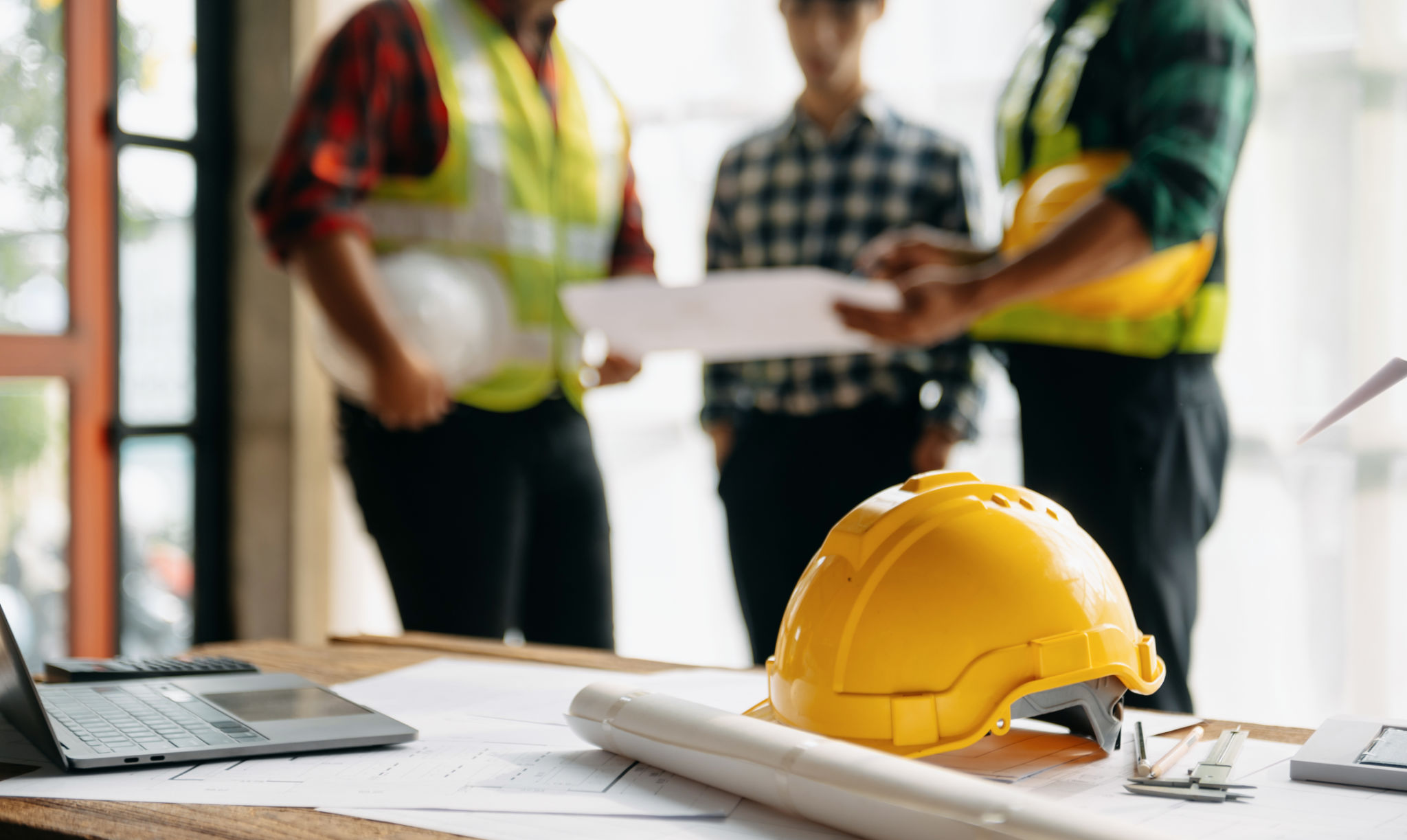Understanding Local Regulations for Home Renovations
Introduction to Local Regulations
When planning a home renovation, understanding local regulations is crucial. These rules ensure that renovations are safe, environmentally friendly, and compliant with community standards. Failing to adhere to local regulations can result in fines, project delays, or even the need to undo completed work.

Why Local Regulations Matter
Local regulations are designed to protect homeowners, contractors, and the community. They cover a wide range of factors including structural integrity, fire safety, and environmental protection. By following these guidelines, you can ensure your renovation project is both safe and legally compliant.
Regulations also help maintain the aesthetic value of neighborhoods by ensuring that renovations align with community planning objectives. This is particularly important in historical districts where preservation is key.
Common Types of Permits Required
Before you begin your renovation project, it’s important to identify which permits you may need. Common permits include building permits, electrical permits, plumbing permits, and mechanical permits.
- Building Permits: Required for structural changes such as adding a room or removing a wall.
- Electrical Permits: Needed for any electrical work beyond minor repairs.
- Plumbing Permits: Necessary for new installations or major modifications to plumbing systems.

Steps to Obtain a Permit
The process for obtaining a permit can vary by location, but generally involves several key steps. First, you need to submit detailed plans of your proposed renovation to the local building department. These plans are reviewed for compliance with local codes.
Once approved, you may be required to pay a fee before receiving the permit. It’s important to keep this document accessible on-site for inspections during the renovation process.
Working with Professionals
Hiring professionals who are experienced with local regulations can greatly simplify the renovation process. Architects, contractors, and designers often have a thorough understanding of the permitting process and can ensure your project meets all legal requirements.

These professionals can also provide valuable insights into how best to achieve your renovation goals while adhering to all necessary codes and standards.
Understanding Zoning Laws
Zoning laws are another critical aspect of local regulations. These laws govern land use and can impact what types of renovations are permissible. For instance, zoning laws may restrict building height or dictate the distance between structures and property lines.
It’s essential to review local zoning regulations early in the planning process to ensure your renovation aligns with these laws. Consulting with local authorities or a professional familiar with zoning can provide clarity and prevent future issues.
Conclusion
Understanding local regulations for home renovations is an essential part of any successful project. By obtaining the necessary permits and adhering to zoning laws, you can avoid potential legal issues and ensure your renovation is safe and compliant. Whether working independently or with professionals, staying informed about these regulations will help guide your project to completion smoothly.